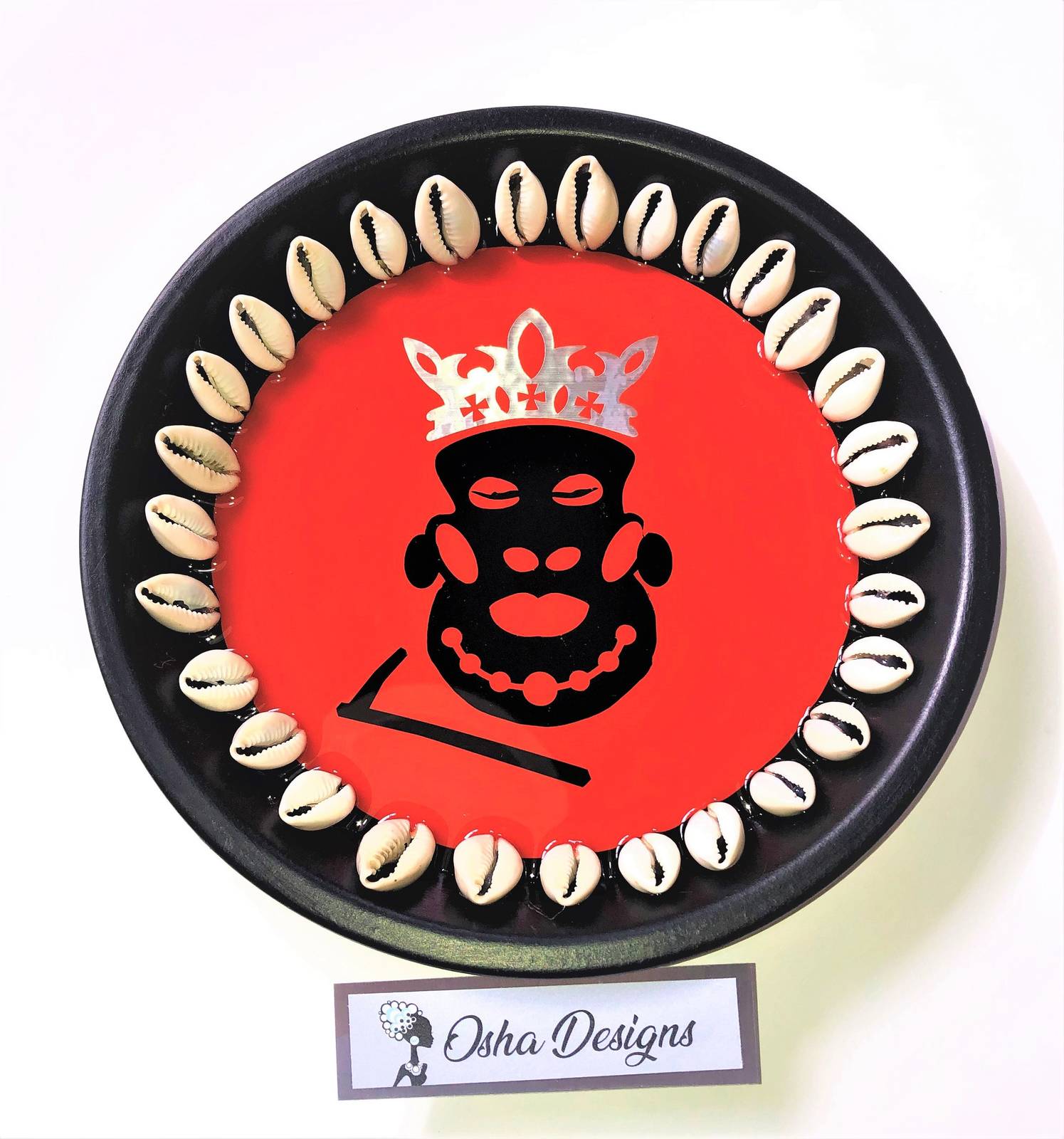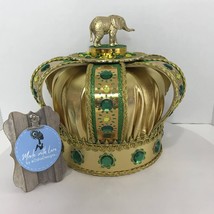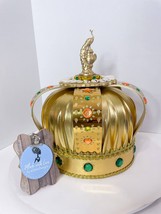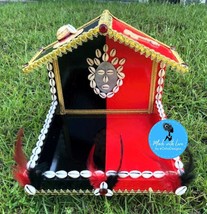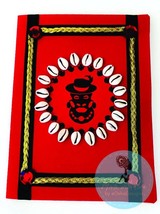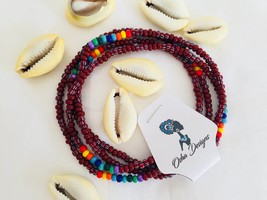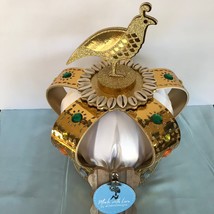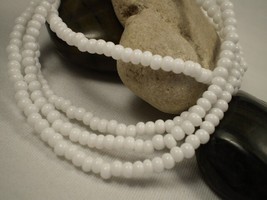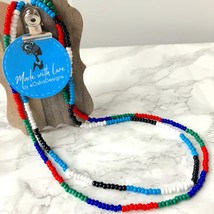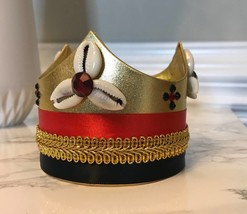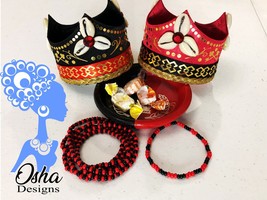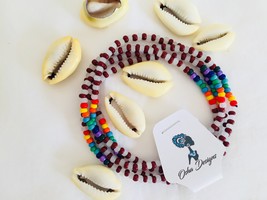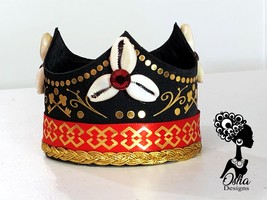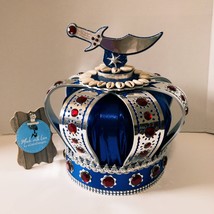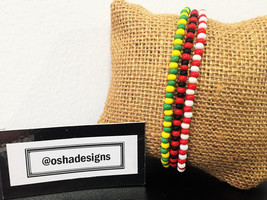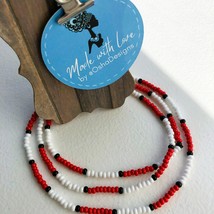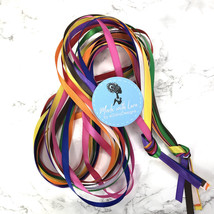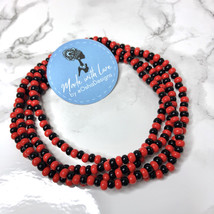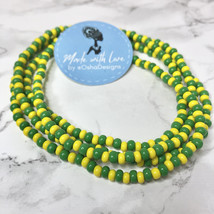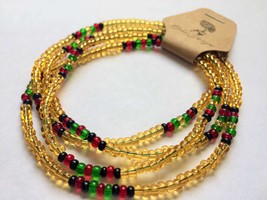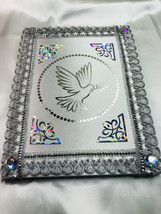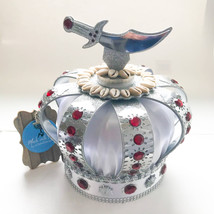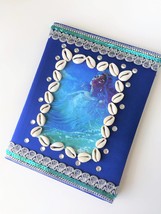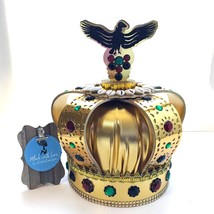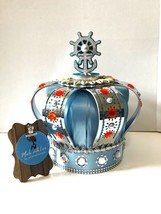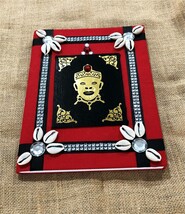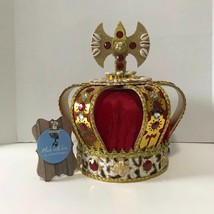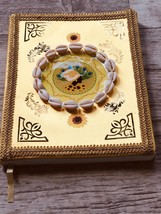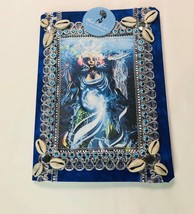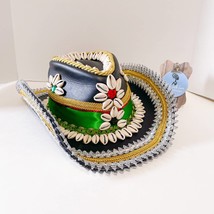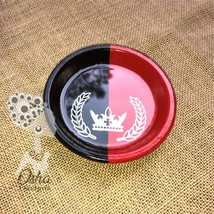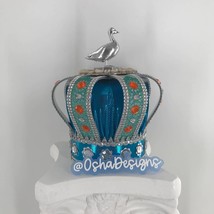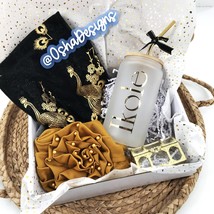Cazuela for Orisha Eleggua 8", Elegua, and 43 similar items
Cazuela for Orisha Eleggua 8", Elegua, Orishas, Santeria, Yoruba Religion
€30,05 EUR
(It may be possible to pay only $31.15 instead of $35.00 when you
use your bCredits at checkout)
Sign up and get $15.00 bCredits free to use at checkout and another $5.00 bCredits when you make your first purchase. More info
Share & earn! Sign in, share this or any listing, and you’ll get commission when it sells.
Learn more
View full item details »
Las opciones de envío
Estimado para llegar por Tue, Dec 30th.
Detalles
Calculado por USPS en ES.
Los buques de
United States

La política de devoluciones
None: All purchases final
Protección de compra
Opciones de pago
PayPal accepted
PayPal Credit accepted
Venmo accepted
PayPal, MasterCard, Visa, Discover, and American Express accepted
Maestro accepted
Amazon Pay accepted
Nuvei accepted
View full item details »
Las opciones de envío
Estimado para llegar por Tue, Dec 30th.
Detalles
Calculado por USPS en ES.
Los buques de
United States

La política de devoluciones
None: All purchases final
Protección de compra
Opciones de pago
PayPal accepted
PayPal Credit accepted
Venmo accepted
PayPal, MasterCard, Visa, Discover, and American Express accepted
Maestro accepted
Amazon Pay accepted
Nuvei accepted
Rasgos del artículo
| Categoría: | |
|---|---|
| cantidad disponible: |
2 En stock |
| Condition: |
New |
| Country/Region of Manufacture: |
United States |
| Handmade: |
Yes |
Detalles del anuncio
| Las políticas del vendedor: | |
|---|---|
| Envío de descuento: |
Pesos de envío de todos los elementos se suman para el ahorro. |
| Publicado en venta: |
Más de una semana |
| Artículo número: |
1228488671 |
Descripción del Artículo
This is an amazing and fashionable handmade black and red decorated clay dish for Orisha Eleggua, King of Roads on Yoruba Religion
Approx Diameter 8 inches
È?ù (other names include Exu, Eshu Eleggua, Esu Elegbara, Eshu Elegbara, Elegba, Legba, Papa Legba and Eleda) is both an orisha and one of the most well-known deities of Yorùbá religion and related New World traditions.
He has a wide range of responsibilities: the protector of travelers, deity of roads, particularly crossroads, the deity with the power over fortune and misfortune, and the personification of death, a psychopomp. È?ù is involved within the Orisha-Ifá system of Yorùbá religion as well as in African diasporic faiths like Santería/Lukumi and Candomblé developed by the descendants of enslaved West Africans in the Americas, where È?ù was and is still sometimes identified with Anthony of Padua, Saint Michael or Santo Niño de Atocha, depending on the situation or location. He is often identified by the number three, and the colours red black or white black, and his caminos or paths (compare: Avatar) are often represented carrying a cane or shepherd's crook, as well as smoking a pipe
|
Why are we showing these items?
Booth
OshaDesigns' booth |

|

-
Refine your browsing experience
We can show you more items that are exactly like the original item, or we can show you items that are similar in spirit. By default we show you a mix.
Este artículo ha sido añadido a su carrito
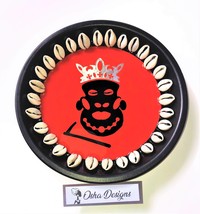 Cazuela for Orisha Eleggua 8", Elegua, Orishas, Santeria, Yoruba Religion added to cart.
2 Disponible en stock
Cazuela for Orisha Eleggua 8", Elegua, Orishas, Santeria, Yoruba Religion added to cart.
2 Disponible en stock
Ver el carro o seguir comprando.
 Por favor, espere mientras termine de agregar este artículo a su carrito.
Por favor, espere mientras termine de agregar este artículo a su carrito.
Get an item reminder
We'll email you a link to your item now and follow up with a single reminder (if you'd like one). That's it! No spam, no hassle.
Already have an account?
Log in and add this item to your wish list.


